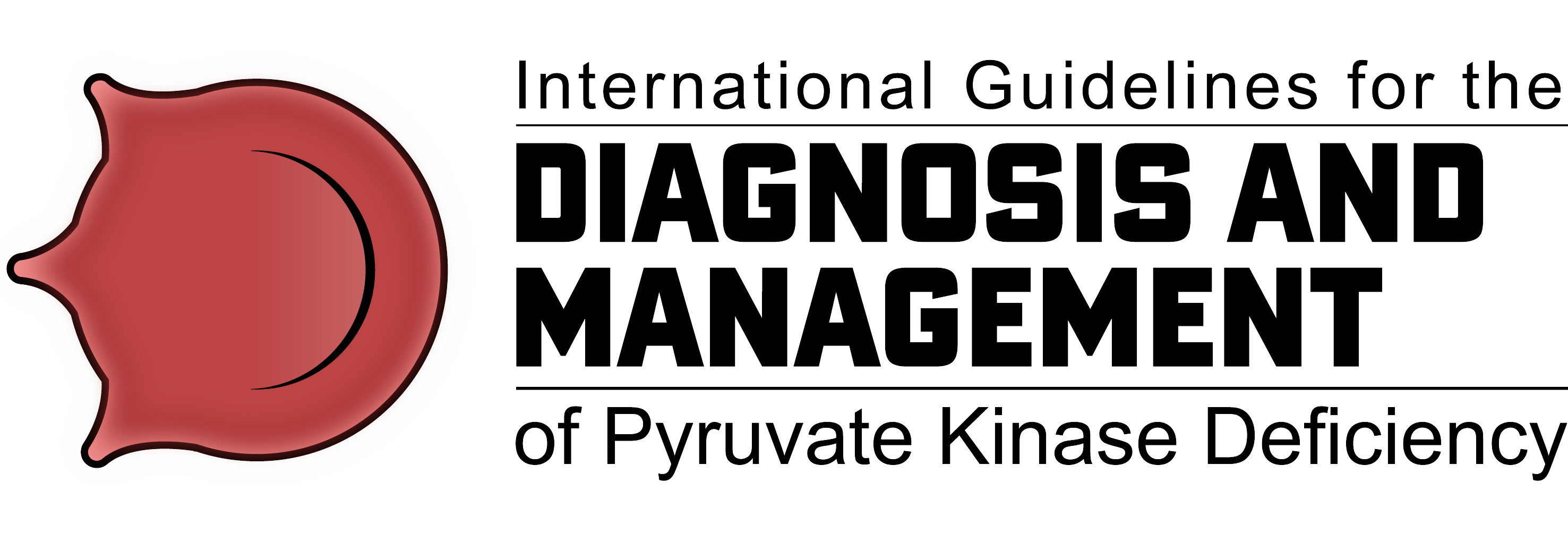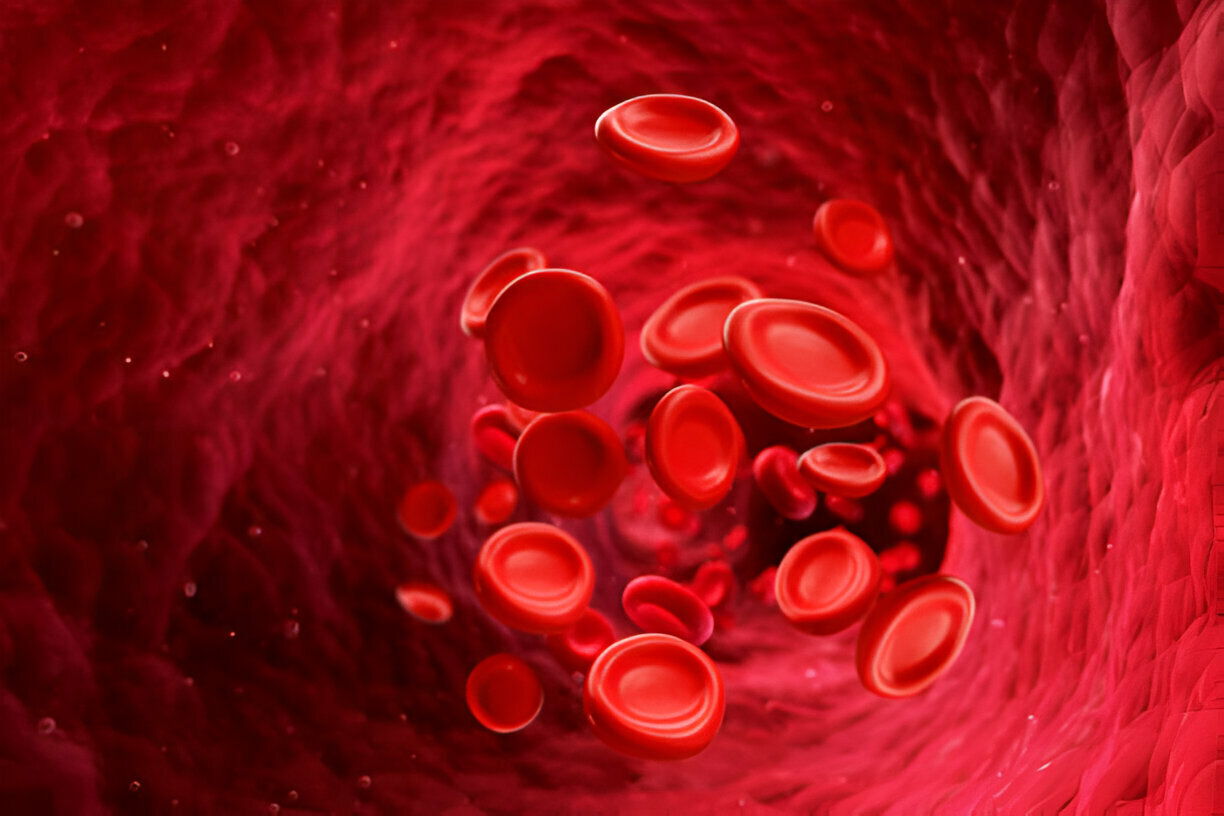Anemia is a condition that affects millions of people globally. It occurs when the blood lacks sufficient healthy red blood cells to carry oxygen to the body’s tissues. This results in fatigue, weakness, and other serious symptoms. Anemia can range from mild and temporary to severe and chronic, impacting overall health and well-being.
In this blog, we’ll discuss anemia, its causes, symptoms, and a specific type known as Pyruvate Kinase Deficiency. Understanding this condition is vital for timely diagnosis and treatment.
What Causes Anemia?
Anemia occurs due to a lack of healthy red blood cells. There are three main causes: blood loss, insufficient red blood cell production, and increased red blood cell destruction. Let’s look deeper into these categories.
1. Blood Loss
Losing blood reduces the number of red blood cells in your body. This can happen due to heavy menstrual cycles, surgery, injuries, or chronic conditions like ulcers or inflammatory bowel disease. Sometimes, the blood loss is slow and goes unnoticed, such as in gastrointestinal bleeding.
2. Decreased Red Blood Cell Production
Your body needs nutrients like iron, vitamin B12, and folic acid to produce red blood cells. A deficiency in these nutrients can result in anemia. Chronic diseases like kidney failure or bone marrow disorders can also impair red blood cell production.
3. Increased Red Blood Cell Destruction
Red blood cells have a lifespan of about 120 days. In some cases, they are destroyed faster than they can be replaced. This is called hemolytic anemia. Pyruvate Kinase Deficiency Anemia is one such type, often caused by a genetic mutation.
Symptoms of Anemia
The symptoms of anemia vary depending on its severity and type. In the early stages, they may be mild and go unnoticed. Over time, they become more prominent and may include:
- Persistent fatigue and weakness.
- Dizziness or lightheadedness.
- Shortness of breath, especially with physical exertion.
- Pale or yellowish skin.
- Irregular or rapid heartbeat.
- Cold hands and feet.
These symptoms occur because the body’s tissues are not receiving enough oxygen. If you notice these signs, consult a healthcare professional promptly. Early diagnosis is crucial for effective treatment.
What Is Pyruvate Kinase Deficiency?
Pyruvate Kinase Deficiency is a rare form of anemia caused by a genetic mutation. This mutation affects the enzyme pyruvate kinase, which plays a critical role in red blood cell energy production. Without sufficient enzyme activity, red blood cells break down prematurely, leading to anemia.
This condition is often inherited, making family history an important factor. Symptoms can range from mild to severe and may include:
- Severe fatigue.
- Jaundice (yellowing of the skin and eyes).
- An enlarged spleen.
- Gallstones.
In infants, it may cause developmental delays or growth problems. Diagnosis typically involves genetic testing and blood tests to measure enzyme activity.
Treatment depends on the severity of the condition. Blood transfusions are a common option for managing symptoms. In some cases, removing the spleen (splenectomy) can help reduce red blood cell destruction.
The Role of Family History in Pyruvate Kinase Deficiency
Family history plays a significant role in diagnosing Pyruvate Kinase Deficiency. This condition is passed down through generations, so understanding your genetic background is essential. Genetic counseling can help identify carriers of the mutation and assess the likelihood of passing it on to future generations.
For families affected by this condition, knowledge is power. Sharing medical histories and supporting one another can lead to better care and management strategies.
How Healthcare Professionals Can Help
In today’s digital age, online healthcare professionals are invaluable. They offer convenience, quick access to medical advice, and specialized care for conditions like anemia.
For individuals with rare conditions such as Pyruvate Kinase Deficiency, finding the right specialist can be challenging. Online platforms connect patients with healthcare professionals who have expertise in managing such cases. These professionals can provide personalized advice, recommend genetic testing, and develop tailored treatment plans.
Virtual consultations are particularly helpful for those living in remote areas or unable to visit a clinic. They allow for early diagnosis and timely interventions, which are crucial for managing anemia effectively.
Living With Anemia
Living with anemia requires a proactive approach to health. Diet plays a significant role in managing this condition. Consuming iron-rich foods such as spinach, lentils, and lean red meat can help replenish iron levels.
Vitamin C improves iron absorption, so include foods like oranges, strawberries, and bell peppers in your meals. If you have a vitamin B12 deficiency, focus on fortified cereals, eggs, and dairy products. Folic acid can be found in leafy greens, beans, and citrus fruits.
In addition to a balanced diet, regular check-ups are essential. Anemia can worsen if left untreated, leading to complications like heart problems or developmental issues in children. Working closely with a healthcare provider ensures proper monitoring and management.
The Emotional Impact of Anemia
Anemia doesn’t just affect your physical health; it can also take an emotional toll. Chronic fatigue and weakness can interfere with daily activities and reduce quality of life. Many individuals with anemia report feelings of frustration, anxiety, or depression.
Support from family and friends is crucial. Joining support groups or connecting with others who have similar conditions can also provide comfort and encouragement. Remember, you’re not alone in this journey.
Understanding the Importance of Early Detection
Early detection is key to managing anemia effectively. Routine blood tests can help identify anemia before symptoms become severe. If you have a family pyruvate kinase deficiency or other genetic conditions, consider genetic testing.
With the help of healthcare professionals, you can access diagnostic tools and expert advice from the comfort of your home. Timely interventions can significantly improve outcomes and quality of life.
Advancing Research and Treatment
Research into anemia and related conditions continues to evolve. Scientists are working on new treatments, including gene therapies, to address genetic forms of anemia like Pyruvate Kinase Deficiency. These advancements offer hope for improved care and better outcomes.
Staying informed about the latest developments is important for patients and families. Regular communication with your healthcare provider ensures you are aware of new treatment options and recommendations.
Conclusion
Anemia is a complex condition that affects millions of people worldwide. Its symptoms, ranging from fatigue to shortness of breath, can disrupt daily life. Understanding the causes, such as blood loss, nutrient deficiencies, or genetic factors like Pyruvate Kinase Deficiency, is essential for proper care.
For those with rare conditions, healthcare professionals provide valuable support and guidance. Early diagnosis and a proactive approach to health can make a significant difference. Take charge of your health today to ensure a brighter and healthier tomorrow.

